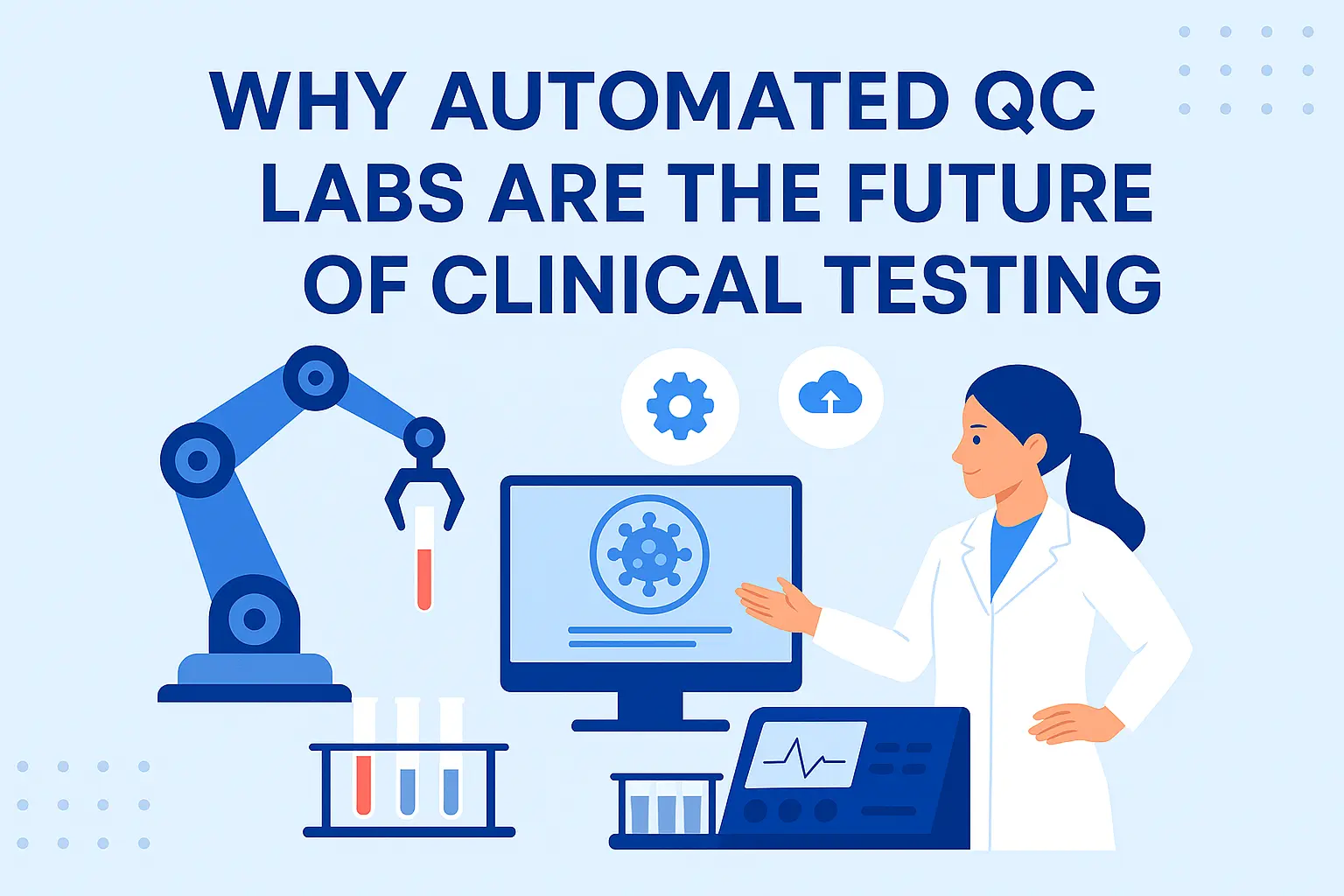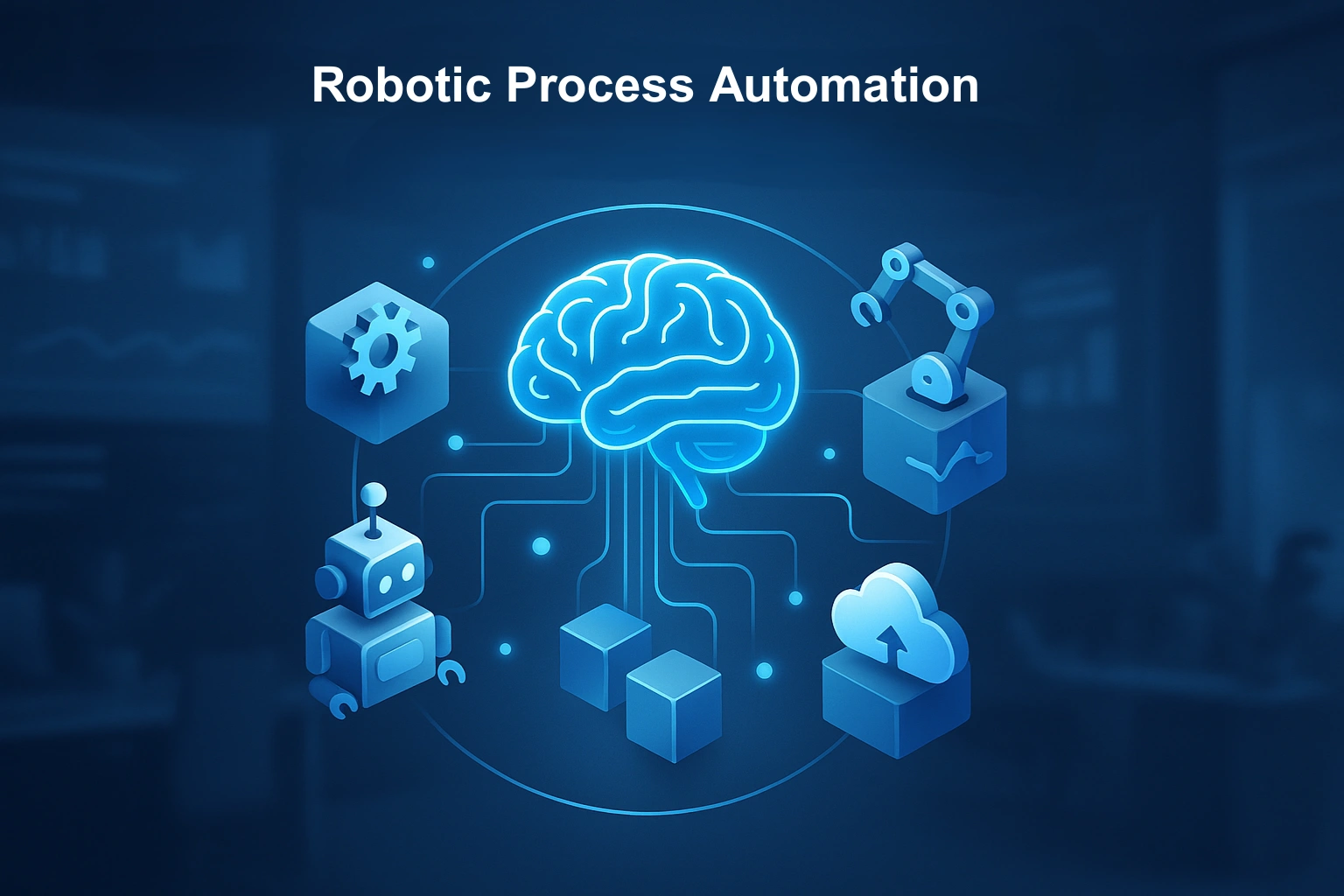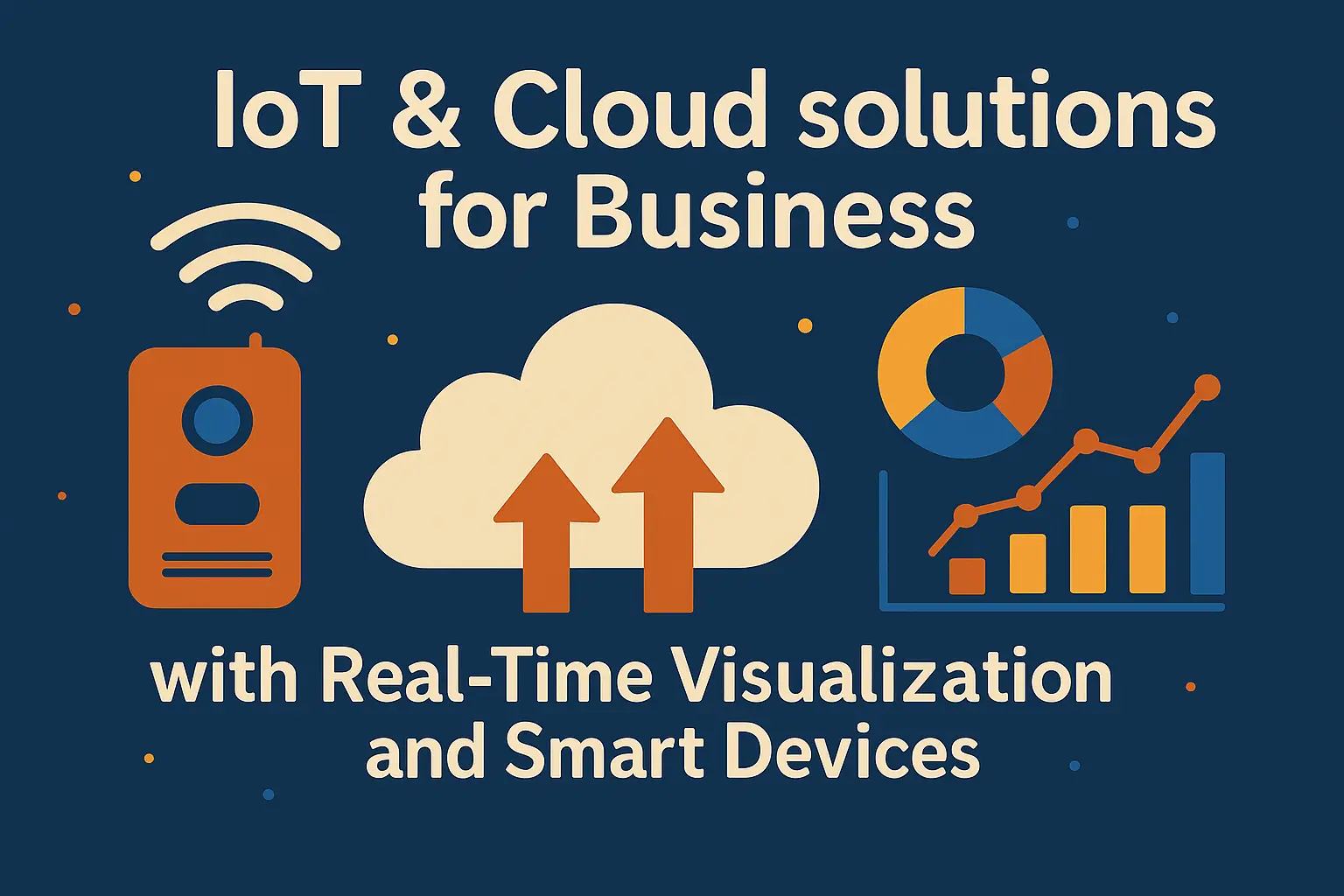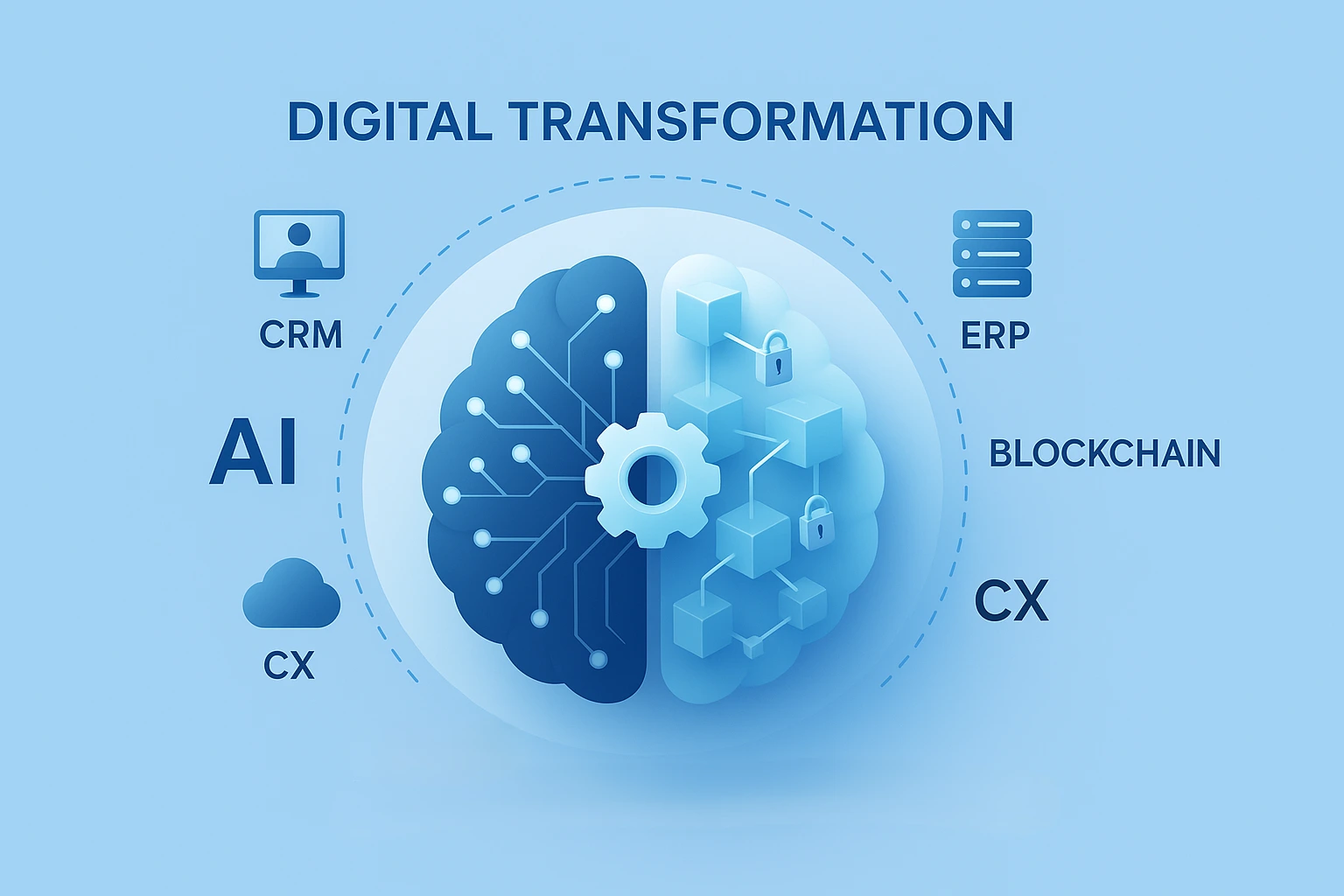Post By

Data Driven Strategies
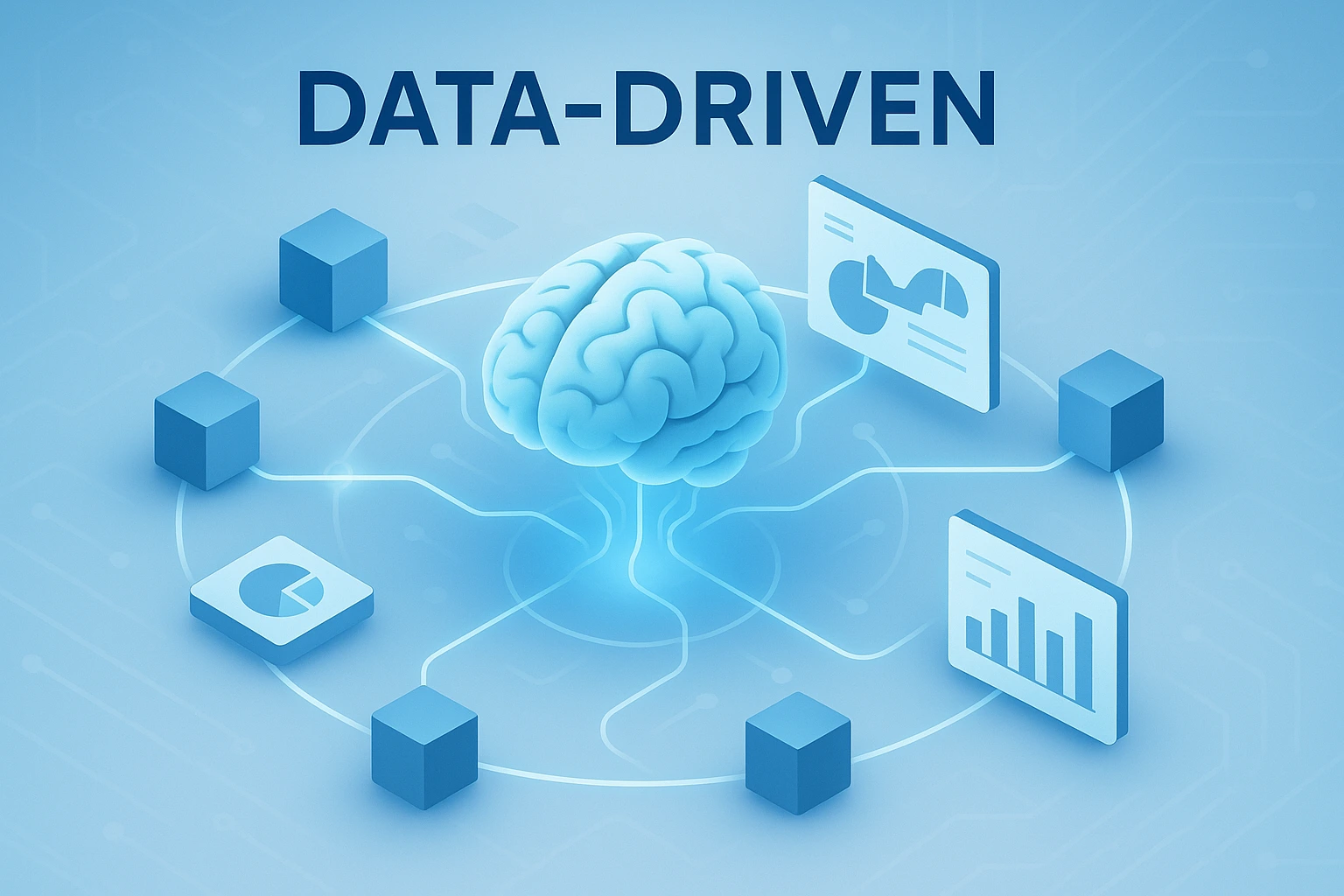
In today’s hypercompetitive digital economy, data has become more than just information, it is the lifeblood of growth and innovation. Organizations that succeed in 2025 and beyond are those that understand how to transform raw numbers into actionable insights. Gone are the days of relying on gut instinct alone, modern businesses now use data science, predictive analysis, and data-driven strategies to make informed choices. Whether it is enhancing customer experience, improving operational efficiency, or identifying new market opportunities, data-driven decision-making sets the foundation for long-term success. At Scaloy, we specialize in bridging the gap between big data and business growth. By combining analytics, machine learning, and AI-driven tools, we enable organizations across industries to uncover hidden insights, mitigate risks, and scale operations. This blog will dive deep into why data-driven strategies are essential, how Scaloy addresses big data challenges, the benefits of adopting a data-first culture, and real-world examples that demonstrate the power of smart decision-making. The business landscape in 2025 is defined by complexity, speed, and constant change. Data has become a new currency that determines how efficiently organizations can operate and how effectively they can serve their customers. Companies that embrace a data-driven approach are not just improving internal efficiency, they are gaining a sustainable competitive advantage. From small startups to global enterprises, everyone is leveraging data collection, visualization, and advanced analytics to build resilience. Effective data-driven decision-making follows a structured framework: In short, data-driven strategies provide businesses with a compass, guiding them through uncertainty and equipping them to pivot when markets shift. While big data offers unlimited potential, most organizations struggle to extract its full value. Data often comes in massive volumes, from multiple sources, and in inconsistent formats. Without the right approach, this complexity can overwhelm teams and lead to poor decisions. At Scaloy, we specialize in solving these core challenges: By tackling these barriers, Scaloy ensures organizations not only collect data but also transform it into business intelligence that fuels growth. Businesses that embrace a data-driven strategy consistently outperform those that do not. Scaloy’s solutions deliver tangible benefits that extend beyond analytics and dashboards: Implementing data strategies is not only about tools, it is about creating a culture where decisions are consistently supported by evidence. Scaloy recommends the following best practices for businesses aiming to embed data into their DNA: Scaloy has successfully applied data-driven strategies across industries, delivering measurable business outcomes: Globally, leading companies provide evidence of the power of big data: Amazon personalizes shopping experiences with data, Netflix invests in shows based on viewing habits, Walmart forecasts demand with real-time purchasing data, and Starbucks perfected its seasonal campaigns through social listening and trend analysis. As we move into 2025 and beyond, businesses that embrace a data-driven strategy will not only survive but thrive in an increasingly competitive marketplace. Scaloy’s expertise in data science, predictive analytics, and big data integration empowers organizations to build smarter, leaner, and more innovative operations. With the right combination of tools, governance, and culture, data transforms from a challenge into an unstoppable driver of growth.
The Importance of Data-Driven Decisions in 2025 and Beyond
Scaloy’s Approach to Big Data Challenges
Key Benefits of Adopting Data-Driven Strategies
Best Practices for Building a Data-Driven Culture
Case Studies: Scaloy’s Proven Success
Our Proven Implementation Process
Conclusion
What is a data-driven strategy?
A data-driven strategy is the practice of making business decisions based on data insights rather than assumptions. It helps companies identify trends, improve efficiency, and make choices that support measurable growth.
Why are data-driven decisions important in 2025?
In 2025, organizations face rapid market changes and high competition. Data-driven decisions allow them to stay agile, personalize customer experiences, and remain competitive by acting on accurate and timely insights.
What challenges do businesses face with big data?
Common challenges include managing large volumes of data, ensuring quality, integrating data from multiple sources, performance issues, and lack of employee data literacy. Scaloy helps overcome these barriers with proven solutions.
How does Scaloy improve data quality?
Scaloy ensures high data quality through cleansing, governance frameworks, and compliance checks. This guarantees that the insights generated are accurate, reliable, and aligned with business goals.
Which industries benefit most from data-driven strategies?
Industries such as retail, e-commerce, finance, healthcare, logistics, and SaaS benefit greatly. Data-driven insights improve demand forecasting, fraud prevention, customer engagement, and operational efficiency.
What role do KPIs play in a data-driven culture?
KPIs provide measurable benchmarks for tracking performance. In a data-driven culture, they align decision-making with business objectives and allow leaders to evaluate progress with clarity.
Can small and mid-sized businesses adopt big data strategies?
Yes. With affordable cloud and AI tools, even small and mid-sized businesses can implement data-driven approaches. Scaloy provides scalable solutions tailored to fit businesses of every size.
How does predictive analysis support business growth?
Predictive analysis uses historical data to forecast trends, customer behavior, and potential risks. This enables businesses to prepare better, reduce uncertainty, and make proactive decisions for growth.
What best practices should companies follow to build a data-first culture?
Companies should promote leadership support, invest in modern analytics tools, align KPIs with strategy, upgrade infrastructure, and ensure data is accessible to all departments to encourage collaboration.
How does Scaloy ensure compliance and data security?
Scaloy applies strict governance models, encryption, and access control to keep data secure. We also help businesses comply with data regulations such as GDPR to maintain customer trust and transparency.

Discover our other blogs.
Automated QC
Speed, accuracy, and efficiency are critical in the rapidly evolving field of diagnostics and...

Yash Patel
Jul 10, 2025
Scaloy Success Stories
In today’s dynamic corporate environment, embracing the right technology is no longer o...

Ankit Patel
Jun 20, 2025
Scalability
In the ever-accelerating digital era, where speed, resilience, and adaptability are more than...

Vasu Patel
Jun 1, 2025
RPA
In today’s fast-paced business world, speed, precision, and innovation define success. ...

Isabella Rossi
May 10, 2025
IOT Takeover
Imagine receiving care, diagnosis, and monitoring from a network of intelligent medical devic...

Ishita Choudhury
Apr 23, 2025
IOT In Healthcare
The healthcare industry is undergoing a paradigm shift. Rising demands, growing costs, and th...

Noah Fischer
Apr 6, 2025
IOT
In today’s digital-first economy, businesses are under increasing pressure to process m...

Emma Williams
Mar 20, 2025
Digital Transformation
In an era of accelerating change, digital transformation is no longer a choice but a necessit...

Siddharth Nair
Mar 3, 2025
Cloud Native Healthcare
The healthcare industry is experiencing rapid digital acceleration. From electronic health re...

Kavya Iyer
Jan 31, 2025
Cyber Security
As digital transformation accelerates, organizations across industries are under pressure to ...

Sophia Martinez
Jan 15, 2025

